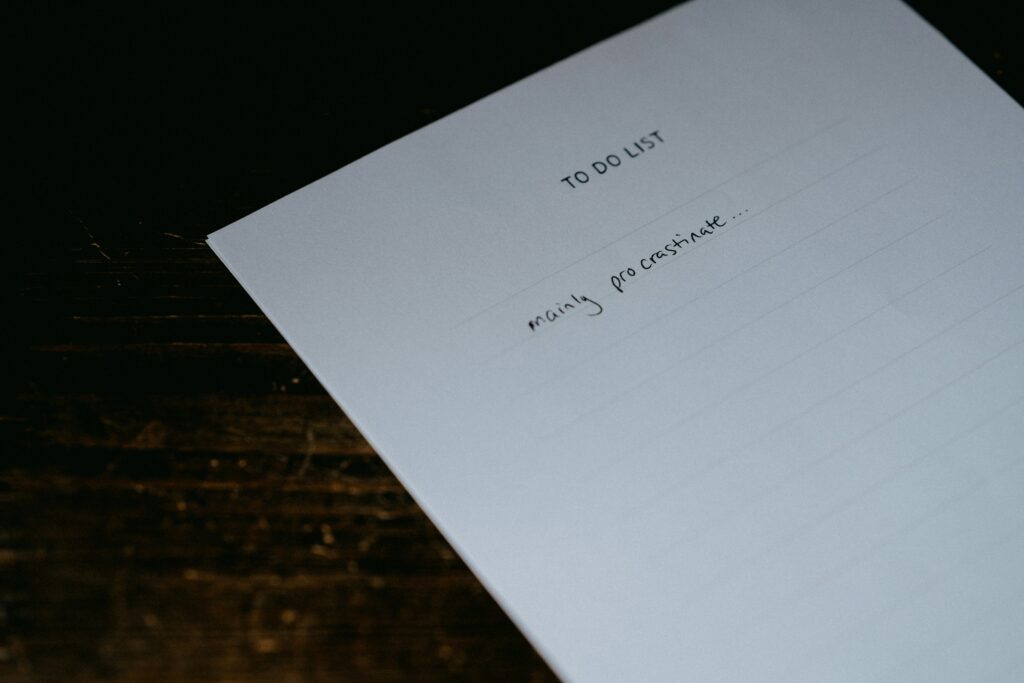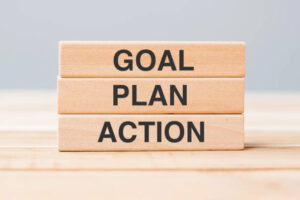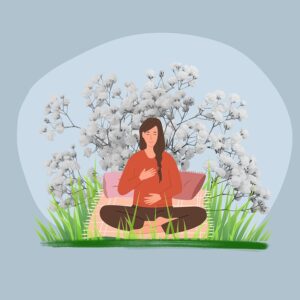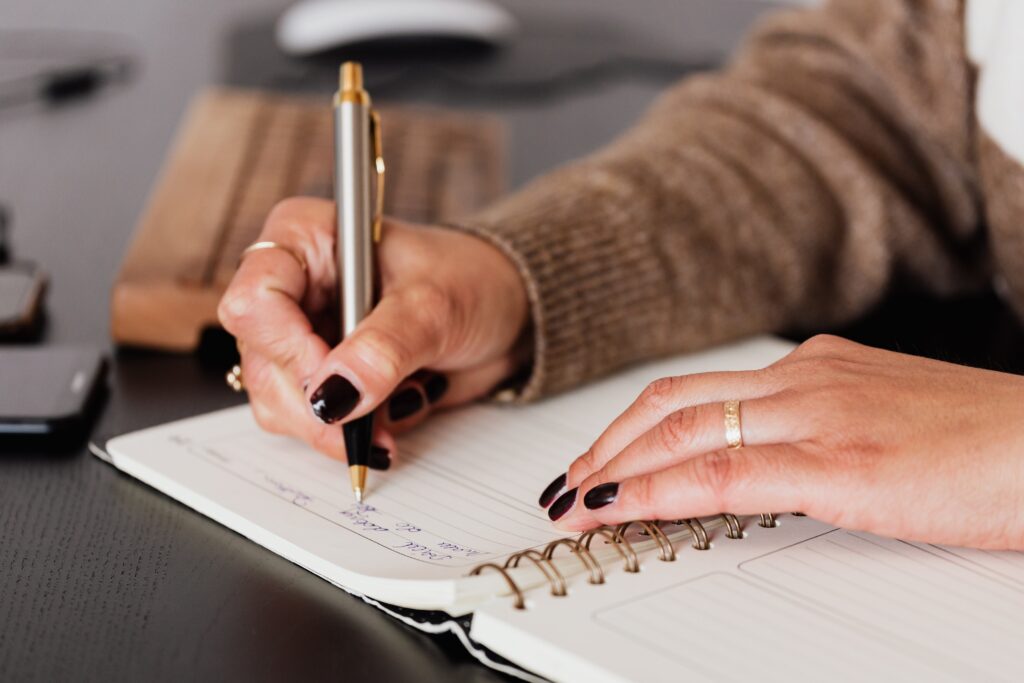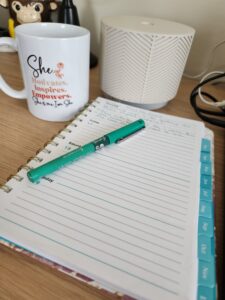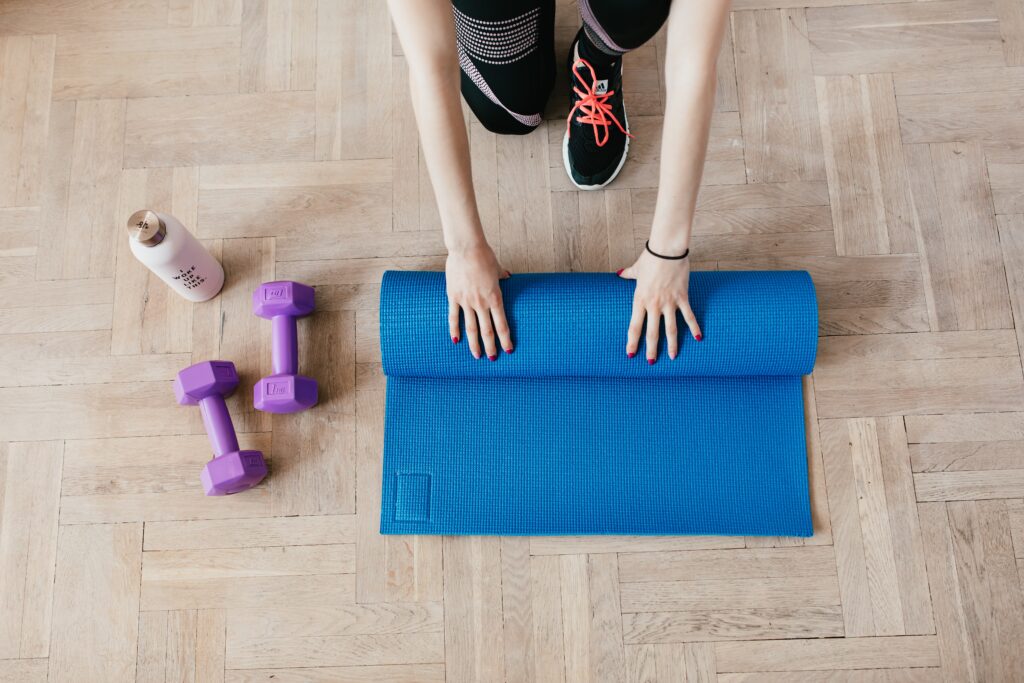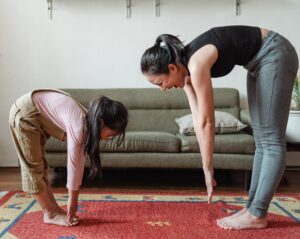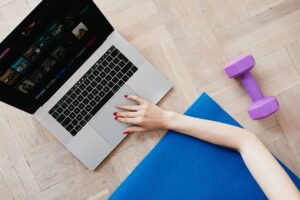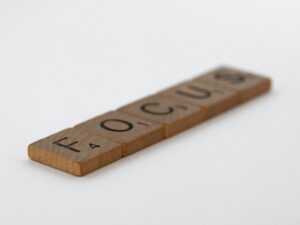Checking in with your New Year’s resolutions
We are already into the second month of 2025 – can you believe it? For some reason, January felt longer than usual. However, I must say, I really enjoyed the crisp, sunny winter days. It was a dry month for a change in Vancouver, and those bright skies did wonders for my mood. There is just something uplifting about sunshine in the middle of winter compared to the usual gray, gloomy days.
Now, let me ask the big (and maybe slightly painful) question – how are your New Year’s resolutions holding up? Have you been sticking to them consistently, or has it been more of an on-and-off situation? By the way, there is no right or wrong answer to this question.
I will share my New Year’s resolution experience with you. Honestly speaking, I don’t usually make resolutions because I know I struggle with the pressure of sticking to a new routine to achieve my goals. If I fall off track by mid-January or later, do I really have to wait until next January to start all over again? That thought can be very discouraging and can take forever to achieve my goals. However, having said that, subconsciously I do set some goals on January 1st and they are:
Just Do it Today – setting goals and having an action plan is great. They definitely provide directions in life. I have found that I often write goals and action plans without actually following through. What works best for me is to just start right away. For example, if I need to get some fresh air, I go out after work right away and push my wheelchair up the ramp. It is like a two in one deal, as I get both fresh air and exercise. But if I start planning as in when to start, I will never start. That’s just how I work – maybe you thrive with a more structured action plan, like most people do.
Start Fresh Every Day – who says we have to wait until next Monday, next month, or even next January to start all over again. If I slip up on my diet or exercise routine, which happens more often than I’d like to admit, I just restart the next day. This eliminates the need to think or feel bad, allowing me to attain my goals more quickly.
Visualize – I make a habit of visualizing the results I am working toward. It really helps me stay focused and motivated. But how do you actually visualize? I would suggest exploring and seeing what works best for you. For some, writing down affirmations about the end goal can be powerful. Others might prefer to imagine visually. Do whatever keeps your mind connected to your goal.
Guilt-Free Pleasures – Don’t punish yourself by denying the things you love even if they don’t directly contribute to your goal. Life is meant to be enjoyed! I allow myself one or two days a week to indulge in my favorite food, relax and take things slow. Otherwise, a rigid routine might become monotonous and provide little to look forward to.
I have personally tried these tips I have shared and they have worked for me. Remember, we are all a work in progress. It’s fine if we deviate from the path every now and again as long as we can get back on course. You will be amazed at how much you can accomplish when you stay consistent. By the end of the year, you will be surprised by the progress you have made. Then it will be time to set new goals – whether consciously or subconsciously.
Checking in with your New Year’s resolutions Read More »


